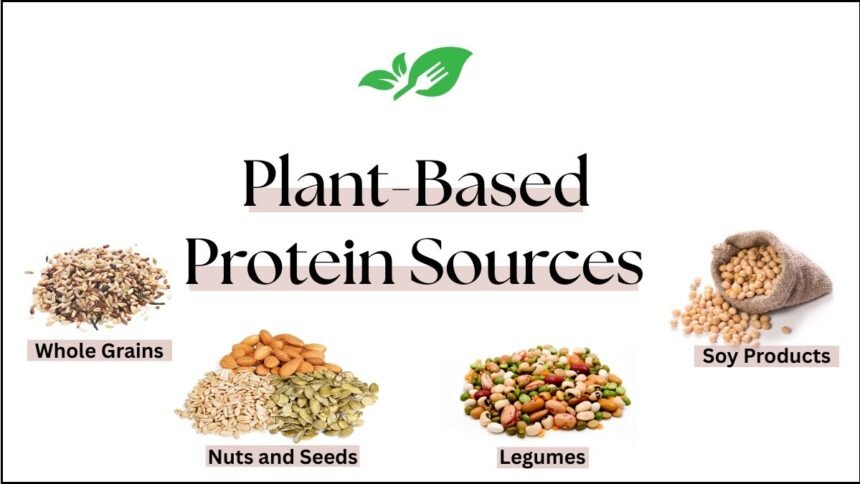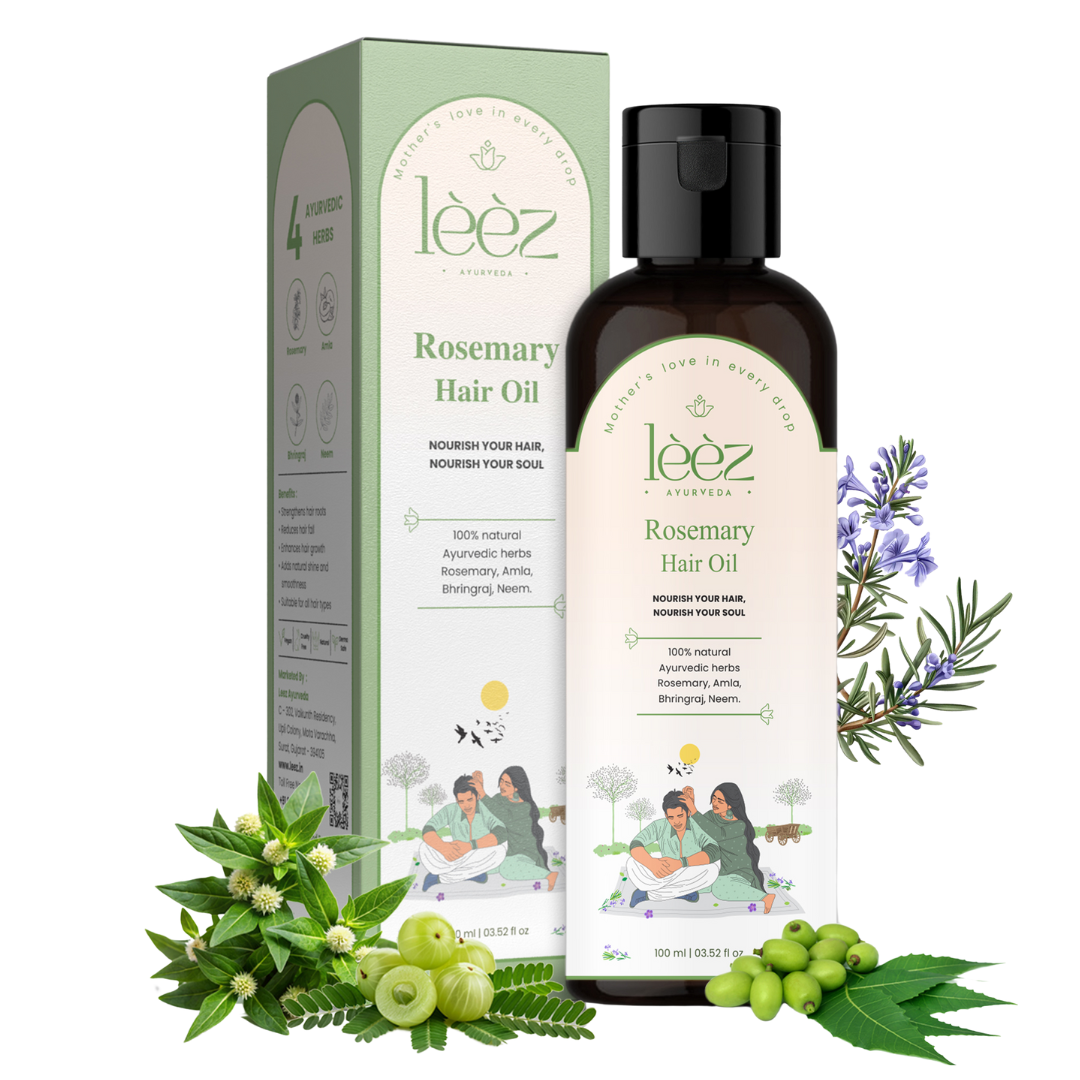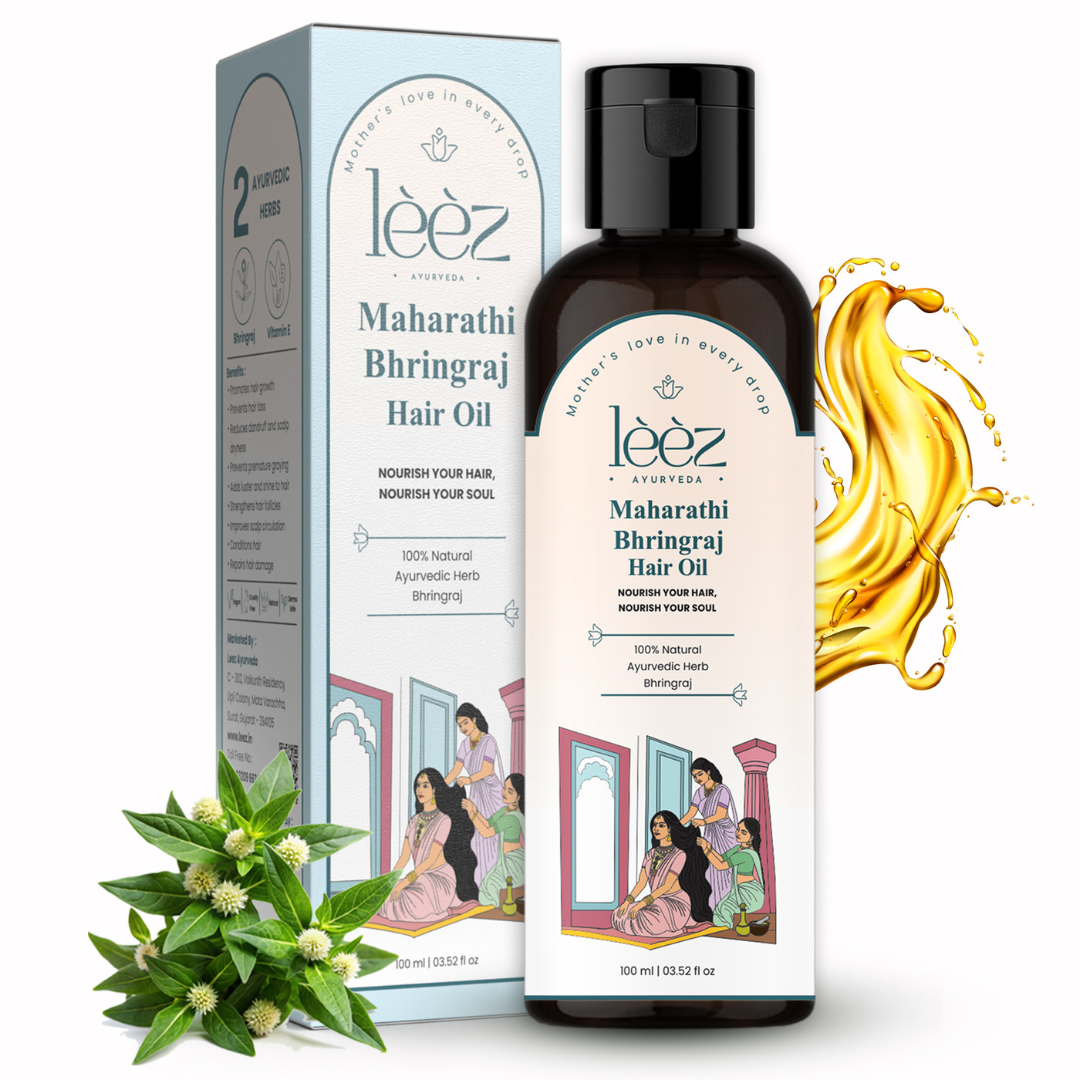Introduction
Plant-Based Protein Sources : In recent years, the shift towards plant-based diets has gained significant momentum. Whether driven by health concerns, environmental considerations, or ethical reasons, more individuals are exploring the benefits of a plant-based lifestyle. Central to this transition is understanding vegan protein and ensuring adequate intake from vegan protein sources.
This guide delves deep into the world of plant-based proteins, offering insights for everyone—from those curious about vegan nutrition to seasoned vegan bodybuilders. We’ll explore various plant-based protein options, discuss their benefits, and provide actionable tips to incorporate them into your daily meals.
READ MORE :- Unlock Your Well-being: The Ultimate 2025 Guide to Plant-Based Diet Benefits and Vegan Nutrition
Understanding Protein and Its Importance
Protein is a macronutrient essential for building and repairing tissues, producing enzymes and hormones, and supporting overall health. Traditionally, animal products have been primary protein sources. However, numerous plant-based protein options can meet and even exceed our daily protein requirements.
Top Vegan Protein Sources
1. Legumes
- Lentils: Packed with protein and fiber, lentils are versatile and can be used in soups, stews, and salads.
- Chickpeas: Great for making hummus or adding to salads, chickpeas are a staple in many cuisines.
- Black Beans: Rich in protein and antioxidants, they’re perfect for burritos, soups, and more.
2. Soy Products
- Tofu: Made from soybeans, tofu is a complete protein and can be grilled, sautéed, or blended into smoothies.
- Tempeh: Fermented soy product with a nutty flavor, excellent for stir-fries and sandwiches.
- Edamame: Young soybeans that can be steamed and sprinkled with salt for a protein-rich snack.
3. Whole Grains
- Quinoa: A complete protein grain that’s gluten-free and cooks quickly.
- Brown Rice: While not a complete protein, when combined with beans, it provides all essential amino acids.
- Oats: Great for breakfast, oats can be combined with nuts and seeds for added protein.
4. Nuts and Seeds
- Almonds: High in protein and healthy fats, perfect as a snack or added to dishes.
- Chia Seeds: These tiny seeds are protein-rich and can be used in puddings or smoothies.
- Pumpkin Seeds: Also known as pepitas, they’re great roasted or added to salads.
5. Seitan
Made from wheat gluten, seitan is a high-protein meat substitute with a chewy texture, ideal for stir-fries and sandwiches.
Vegan Protein for Athletes and Bodybuilders
Vegan bodybuilding has become increasingly popular, debunking myths that plant-based diets lack sufficient protein for muscle growth. Athletes can thrive on a vegan diet by focusing on:
- Meal Planning: Ensuring each meal contains a good mix of protein sources.
- Supplementation: Incorporating best protein supplements like pea or rice protein powders to meet higher protein needs.
- Recovery Nutrition: Consuming protein-rich meals post-workout to aid muscle repair.
Vegan Meal Plans and Delivery Services
For those new to veganism or with busy lifestyles, vegan meal plans and vegan meal delivery services offer convenience and variety. These services provide:
- Pre-portioned meals tailored to nutritional needs.
- Diverse menus to prevent dietary monotony.
- Time-saving solutions for meal prep.
Benefits of Plant-Based Protein
- Heart Health: Plant proteins are low in saturated fats, promoting cardiovascular health.
- Digestive Health: High fiber content aids digestion and promotes gut health.
- Weight Management: Plant-based diets can support healthy weight loss and maintenance.
- Environmental Impact: Producing plant proteins requires fewer resources and results in lower greenhouse gas emissions compared to animal proteins.
Tips for Incorporating More Plant-Based Protein
- Diversify Your Plate: Combine different protein sources to ensure a complete amino acid profile.
- Snack Smart: Keep nuts, seeds, or protein bars handy for quick protein boosts.
- Explore New Recipes: Experiment with international cuisines that emphasize plant proteins.
- Educate Yourself: Stay informed about nutrition advice for athletes and general dietary guidelines to optimize your intake.
Tips for Incorporating More Plant-Based Protein
- Diversify Your Plate: Combine different protein sources to ensure a complete amino acid profile.
- Snack Smart: Keep nuts, seeds, or protein bars handy for quick protein boosts.
- Explore New Recipes: Experiment with international cuisines that emphasize plant proteins.
- Educate Yourself: Stay informed about nutrition advice for athletes and general dietary guidelines to optimize your intake.
READ MORE :- Top 5 Intermittent Fasting Benefits Backed by Science
Conclusion
Embracing a plant-based diet doesn’t mean compromising on protein intake. With a plethora of vegan protein sources available, it’s entirely feasible to meet and exceed your nutritional needs. Whether you’re an athlete, a busy professional, or someone exploring healthier eating habits, plant-based proteins offer a sustainable and healthful path forward.


















